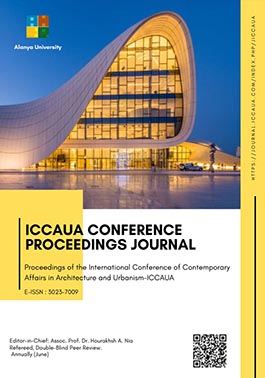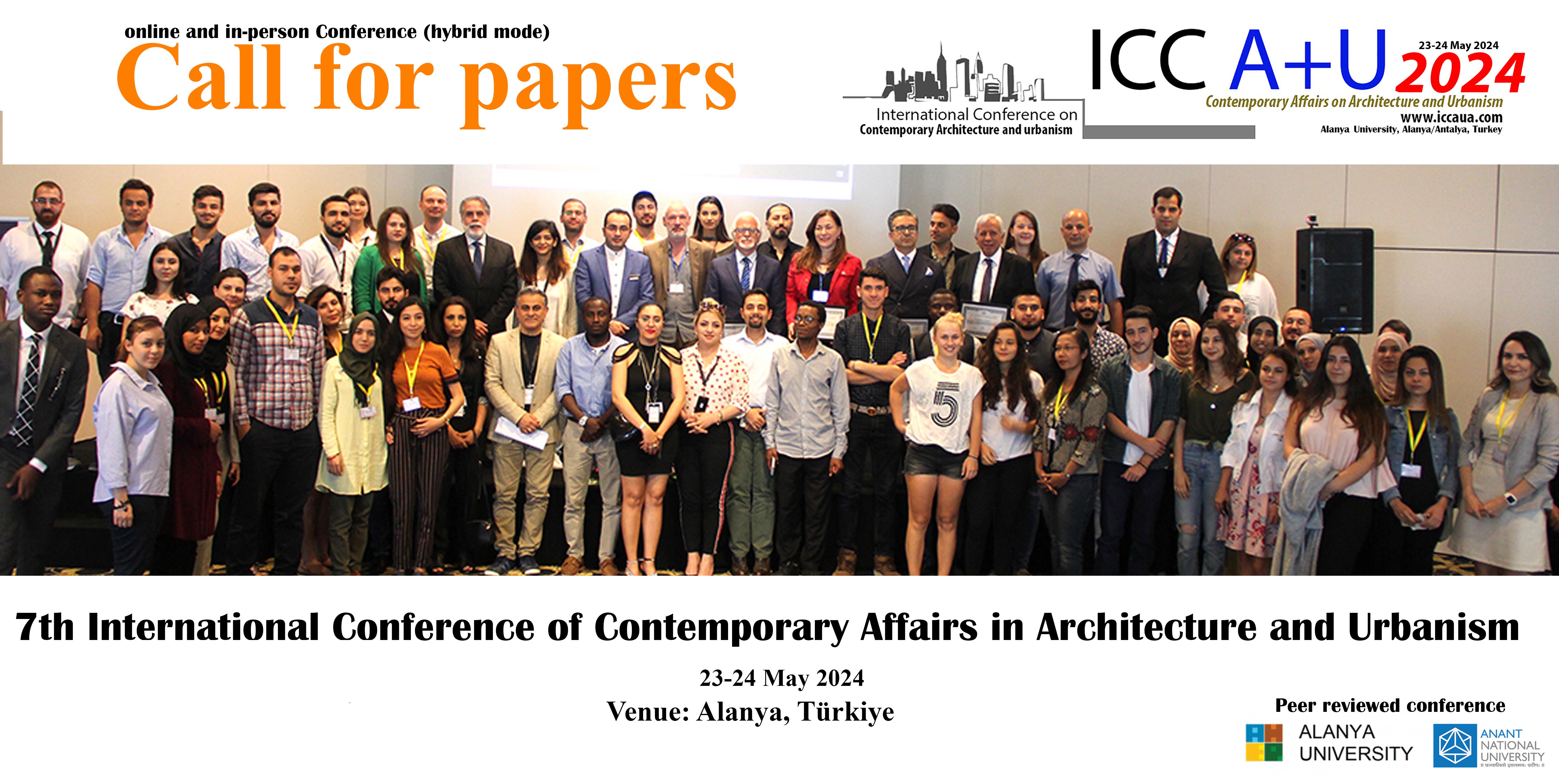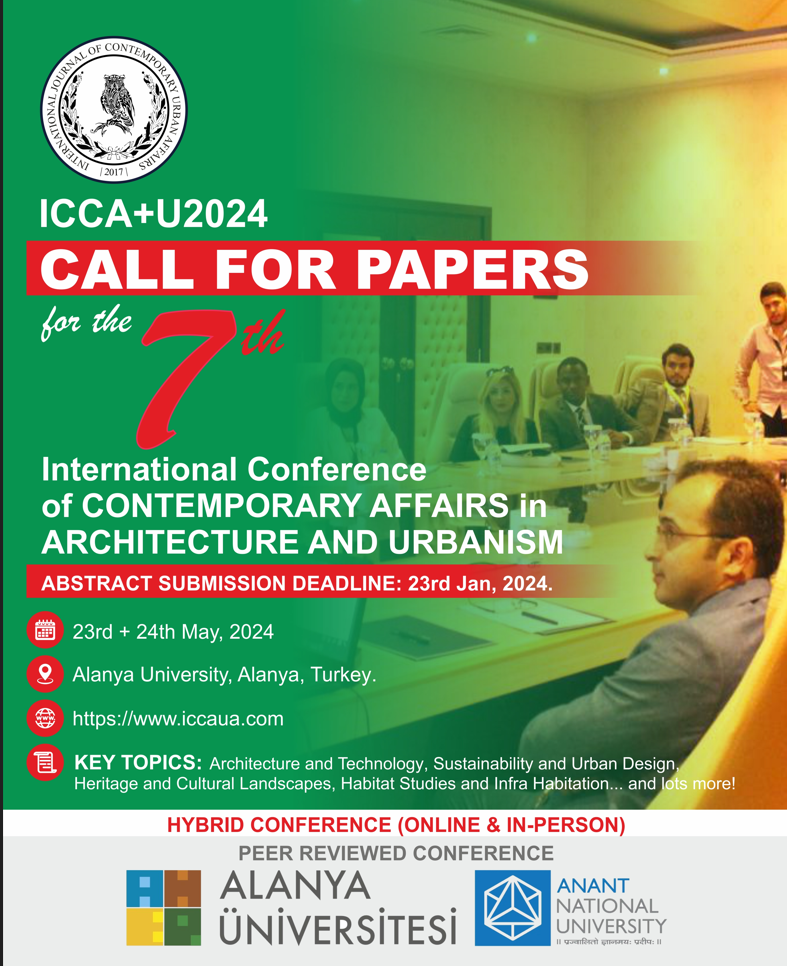Evaluation of Energy Performance of Main Administrative Office Buildings of Universities in North-Central Nigeria
DOI:
https://doi.org/10.38027/ICCAUA2022EN0120Keywords:
Energy audit, Energy consumption, End-uses, Energy Use Index, Office buildingsAbstract
The adverse effect of increasing energy demand on global climate has made buildings objects of research globally. Generally, in Nigeria, lack of building energy data and specifically energy consumption information related to building facilities in universities has been given less attention where bulk-metering has been the common practice. Consequently, energy demand of individual building remains unknown. Hence, Energy Use Index (EUI) was adopted as energy performance indicator for main administrative office buildings of federal universities in North-Central Nigeria. This study been exploratory in nature adopted a case study technique. Simple energy audit was conducted in the absence of individual monthly energy bills. The end-uses disaggregation shown that cooling load accounted for more than 40% of annual energy consumption. Also, the derived EUI of 197.85KWh/m2/yr was above benchmark for similar buildings globally. This outcome implies that the buildings are energy inefficient and need for sub-metering and regular energy audit.
Downloads
Downloads
Published
How to Cite
Issue
Section
License
Copyright (c) 2022 G. O. Adebisi, R.E. Olagunju, W.P. Akanmu, O. K Akande

This work is licensed under a Creative Commons Attribution 4.0 International License.









